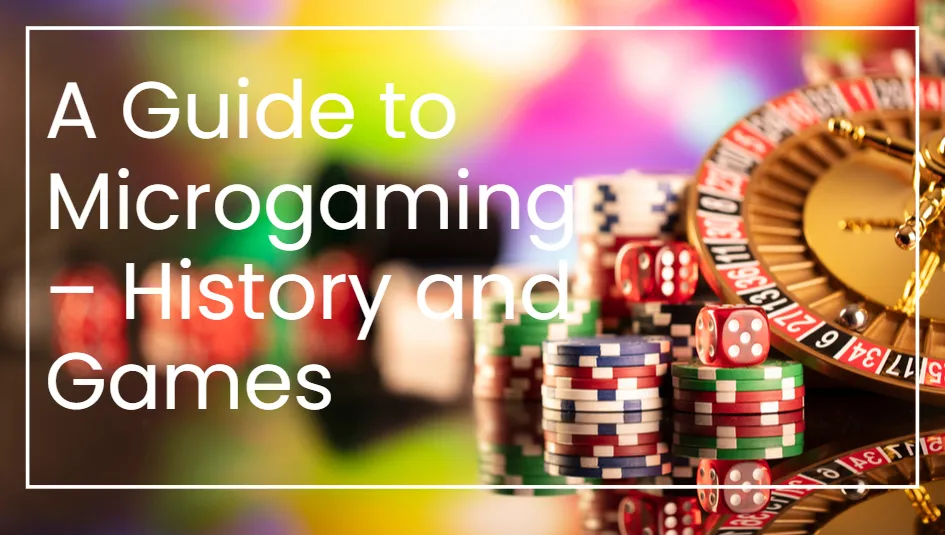The Devil’s Wheel
The Monte Carlo casino in Monaco was established in the 1860's by the Blanc family. The casino was a place for the European aristocracy to gather and play games of chance, and the one game that stood out was Roulette.
The Roulette wheel became so famous, not only for its big wins but also for financially crippling many nobles, that a legend started to pass around that the casino operator, Francois Blanc, also known as "The Magician of Monte Carlo" had signed a deal with the devil when he created his Roulette wheel.
Although this claim was absurd, many noticed that the sum of all of the numbers in the European game, which ranged from 0 to 36, equals 666, or the Number of the Beast.
Saving FedEx
The popular American express delivery service is one of the biggest operators in its field these days, but there was a time when things could have gone tremendously differently. In 1973, FedEx almost went into administration just two years after the company was opened because of an outstanding fuel bill. Founder Frederick W. Smith decided to take matters into his own hands, and flew to Las Vegas with the last $5,000 that the company had, and played blackjack with all of it.
Somewhat miraculously, Mr. Smith could turn a profit, making $27,000 which was just enough to pay off the fuel bill and get his company back in business, and they have not looked back since.
Teaching a Lesson
In 2016 a woman in North Carolina tried to teach her husband a lesson by buying $10 scratch cards to make a point about his gambling. She was tired of her husband constantly buying lottery tickets and wanted to call him out on his spending by buying the slightly more expensive scratch cards and teach him a lesson, but she ended up winning $1 million!
"I had to eat my words, but they were worth eating," said Mrs Blackwell. "So, I was very happy."
Richard Nixon's Poker Game
Richard Nixon was the 37th President of the United States, a decorated war hero who was never far from controversy, he was the President who ended the American involvement in Vietnam and was later part of the Watergate scandal which prompted his resignation.
A little known fact about the President was that he was an avid poker player, and he even funded his first electoral campaign with his poker winnings that he won during the Second World War.
During the Second World War, Nixon was a junior lieutenant in the Navy, and rose to the position of being a Lieutenant Commander by the end of the war in 1945. In calmer times during the war, Nixon played poker with his mates,
“He was the finest poker player I have ever played against,” former Navy comrade James Udall recalled in a 1970 Life magazine interview. “I once saw him bluff a lieutenant commander out of $1,500 with a pair of deuces.”
Finland Gambling Association
Finland has a state owned monopoly on all gambling in the country. The government receives all of the profits of all gambling operations in the country, but uses them for welfare of the country:
- 53% to the Ministry of Education and Culture for improving sports and physical education, science, arts and youth work
- 43% to the Ministry of Social Affairs and Health for improving health and social welfare
- 4% to the Ministry of Agriculture and Forestry for improving horse racing
The Finnish gambling commission, called Veikkaus, was founded in 1940. The Football Association of Finland and the Finnish Workers' Sports Federation wanted to make a national bookies, where fans of the sports could make their bets without the fear of resorting to illegal bookies or giving incentive for criminal activities.
The Gambling commission was called Oy Tippaustoimisto AB and offered sports betting, but in 1971, when the Finnish national lottery was created, it became owned by the same commission. The lottery proved a big hit with the Finnish people, and in modern times, the commission also owns the monopoly on slot machines and horse racing.
The Sandwich
The origin of the name of the popular food is rumoured to be attributed to the eating habits of John Montagu, the 4th Earl of Sandwich.
The Earl was a habitual gambler, who would often sit for long hours playing at the card tables. He would play without break, and often when he got hungry he asked his servants to bring him slices of meat and cheese between two thin slices of bread. His gambling fellows saw him eat the meal frequently, and soon also began to make their orders "the same as Sandwich!", thus creating the name for the food.
The Gambler
“The Gambler” is a short novel written by the famous Russian writer Fyodor Dostoevsky. Dostoevsky was a well-known gambler in his day, and in 1864 he lost all his money in a streak of bad luck. He signed a contract with Fyodor Stellovsky that paid off Dostoevsky’s gambling debts. The contract stated that he was obliged to write a novel for Stellovsky’s publishing company within the next two years, and if he could not, Stellovsky would own the publishing rights to all of Dostoevsky's work, past and future.
Dostoevsky signed the rather immoral contract, and then went and pursued his own writing for the next 23 months without starting on the novel he promised for Stellovsky.
In the last month, the writer hired a stenographer, Anna Snitkina, who later became his second wife, to help him write the book faster and he finally finished with hours left to go.
Stellovsky made himself scarce, because he knew Dostoevsky was behind with the work, but Dostoevsky managed to submit his work at a local police station and collected a receipt, to prove that he had indeed finished in time.
Great Wall of China
We have all heard of the Great Wall of China, it was built up in several phases, some as early as the 7th century BC. There is a myth that portions of the wall were built with money that was won from the Chinese game Keno.
Keno is a game that was created in China sometime around 200 BC, and the legend is that it was made by Zhang Liang, the ruler of the Han Dynasty.
According to the legend, Zhan Liang did not have enough money or resources to finance the end of the war, and he could not raise taxes any higher without prompting civil unrest. He created a game that was somewhat reminiscent of a modern day lottery. The game became hugely popular, and he could use the proceeds to finance the end of the war against the Qin Dynasty in 202 BC.
Construction of the biggest segments of the Great Wall occurred between the 5th and 8th centuries and in the 14th century under the Ming Dynasty.
Due to the fact that there is no written documentation about Chinese lotteries or gambling before 1847, it is impossible to know whether Keno played a part in financing sections of the wall, but it is still a popular myth.
No Dice
The expression no dice, which means to refuse a request, derives from an old English custom of swallowing dice.
As crazy as it sounds, back in the 18th century, there were some gambling organisations who played dice games that had special boys employed just to swallow the dice in case the police crashed in on one of the illegal games.
Practically all gambling was illegal since the Unlawful Games Act in 1541 along with several additional acts that came in the 18th century. Bookmakers not only hired dice swallowers but also hired runners who were cunning and could outrun the police.
Lifespan of Cards
It may not come as a surprise that casinos usually replace their card decks with new ones, to avoid having cards that look ruffled or have other distinguishing features that can ruin any of the table games.
What may surprise you is that most of the biggest casinos usually go through a deck of cards in 12 hours, before either shredding them or selling them on. These cards are always made of plastic, but feel as if they are made of paper, but nevertheless, the bigger casinos do not take any risks that the cards may get folded or ruffled, so they replace their playing decks once at least every 12 hours.

 A Guide to Big Time Gaming – The Creators of Megaways
A Guide to Big Time Gaming – The Creators of Megaways A Guide to Microgaming – History and Games
A Guide to Microgaming – History and Games